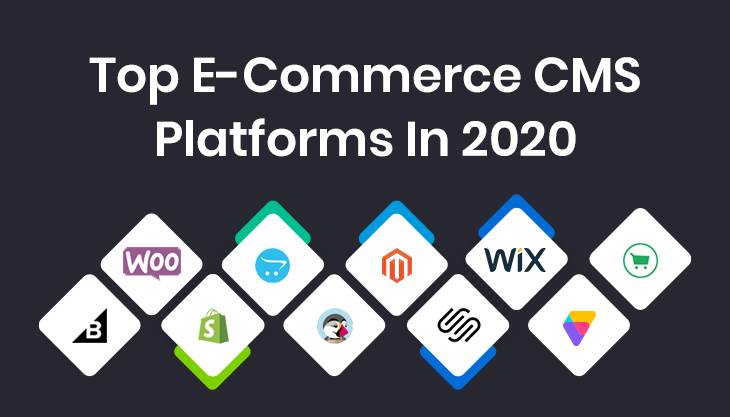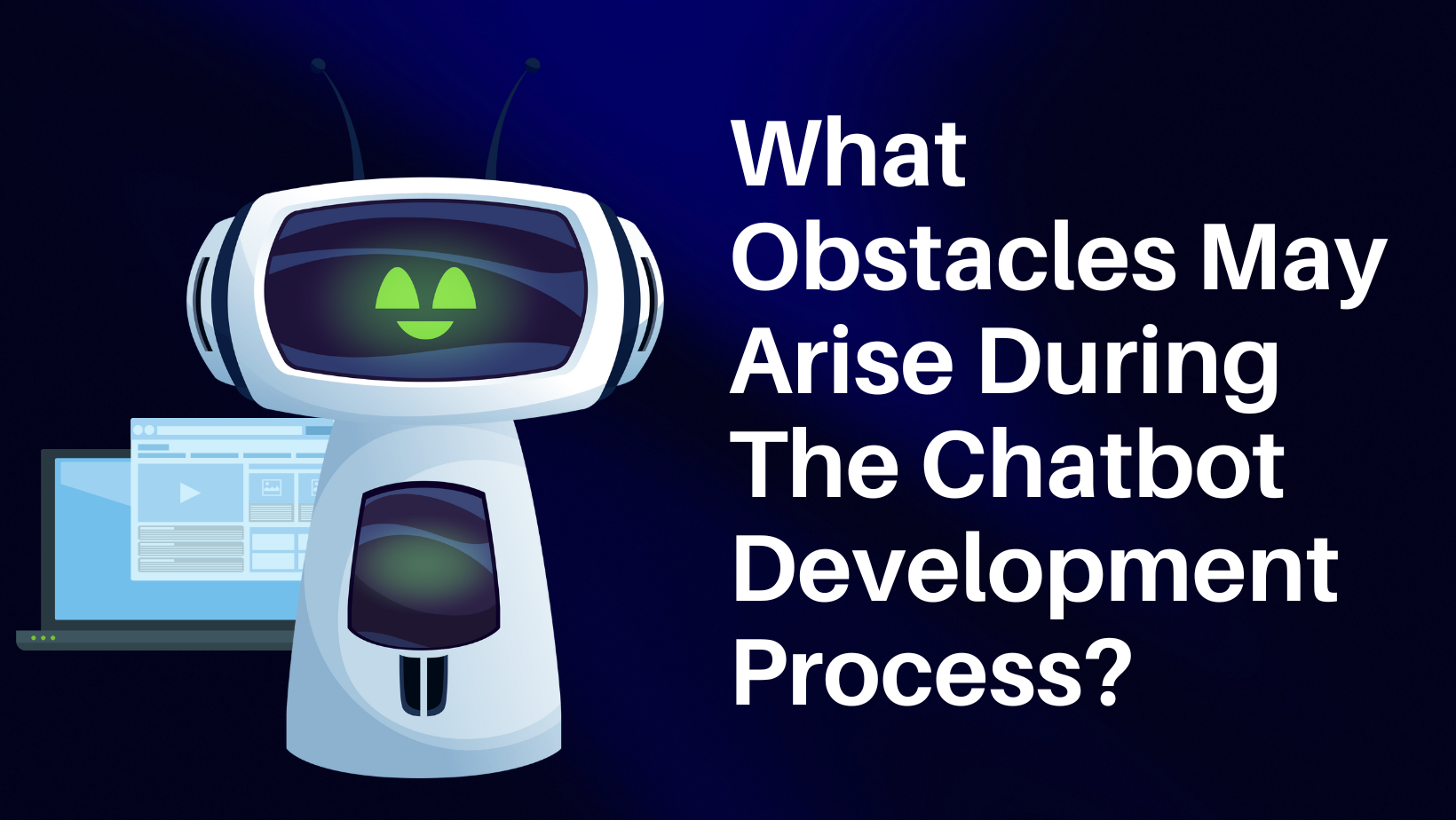Today in 2020, there are 1.7 billion websites existing within the globe (FYI, this number is greater than even the population China (1.4 billion) which is the most populous Nation in the World).
If you have any dealings with websites, website development, surely you have an idea what CMS is. Previously Website Development meant the needs of programmers, professionals who were well versed with Programming Language and could write codes and build a website. It took time, and energy, and required skills. But, not so today; today any one (especially those who don’t have the technical skills) can create a professional, full scale and seamlessly working website (without having to even touch coding). This is possible because of CMS. CMS stands for Content Management System. It is a software system which lets users create, edit, and publish web content. So, it shouldn’t even come as a surprise to you that nearly half of the websites today use CMS.
Today there are various CMS available, of which WordPress is the most popular. And while, there are no CMS designed specifically for developing E-commerce websites, they come equipped with themes, templates, and plugins. Thus, developing your own online store can become as easy as possible. There are a few CMS which make for great Ecommerce CMS Platforms. So, as a well versed Ecommerce Development Company, today, we have got for you our list of top 10 E-Commerce website development platforms using which you can develop your own E-commerce Website today.
10 Best Ecommerce CMS Platforms in 2024:
- BigCommerce:
This is the by far the top best ecommerce platform, which is ideal for establishing e-commerce store and large retail brands. It lets you take your brick and mortar store online, and design your online store, market and sell products. It has some great theme designs and allows for excellent multi-channel selling. The websites thus developed with BigCommerce are flexible and scalable and grants a strong SEO performance.
- WooCommerce:
As of 2020, WooCommerce powers about 28% of all the online stores. It works with WordPress and so if you are well versed with WordPress, using WooCommerce becomes. The best part is that it allows for unlimited customization. It also enables you to produce a mobile application for iOS and Android phones. It provides for store set-ups which are simple, payments which are secure and flexible as it accepts payment gateways, support deposits, and variety of credit cards. And yes, it is a good platform for SEO.
- OpenCart:
Having a market share of about 1%, OpenCart is an open-source platform which is customizable and robust and costs lesser. It comes with 1-click Softaculous installer, is free, and rather easy to use. It has ready-to-use templates, large number of modules and extensions, and a powerful store management backend; all backed by a large community which gives great commercial support and is highly dedicated. It offers a very good SEO optimized platform, through additional plug-ins.
- Magento:
In 2020, Magento holds market share of about 1.4%, with more than 2,50,000 websites using it. Adobe owns Magento which is an open-source Ecommerce platform. It is a great option for business with developer resources and which are rather large. Magento has updated and improved its version, and has now made mandatory to replatform for those business websites which are using its earlier version. Magento can be installed by 1-click installation, and gives users a freedom to build.
- Shopify:
Shopify today has a 3% market share of CMS and about 2.5 million websites are running on it. It is a best platform for selling and in 2020 is the second most popular Ecommerce CMS. Shopify has a drag and drop interface with a number of designs and themes. This makes it easy to set up the website even for beginners. It is great for 1-click selling and allows for social selling and multiple channel. Websites built using Shopify takes minimum loading time. It also provides POS for the original brick and mortar stores and enables taking mobile app payments.
- Wix:
Wix is the fastest growing CMS which expanded 149% year-on-year in 2020. If you are a beginner, Wix is great for you as it has drag and drop interface and you can add in functionalities to build a website of our choice. Also, they have a number of good free themes along with great on-page customer support which is of great help in website building. Do take note that it is relatively new within Ecommerce CMS Platforms, and is not that up to the mark. However it is great if you wish to build a simple online store.
- PrestaShop:
In 2020, holding 1% of market share, PrestaShop is an open source Ecommerce CMS Platform hosting options. It providing both hosting and self- provides a ready-made solution for creating and managing medium and small stores. It requires comparatively lower resources and has tons of applications and integrations available. Also, it has large community which is always ready to help, and thus the setup is very user-friendly. It is very flexible and has good SEO, however PrestaShop has limited scalability.
- Volusion:
Launched in 2002, Volusion is an easy to use Ecommerce CMS Platform which provides a website builder which has features like drag and drop and in-page digivalenables development of a website with basic functions, customer support, and control panel which is easy to navigate. It comes with learning materials guiding you step by step on how to build website. It can be your CMS choice if you are into selling physical products.
- Squarespace:
Launched in 2003, Square space is another one of drag and drop Ecommerce CMS Platforms, whose market share is 1.5% in 2020. While it is easy to set up, its beautiful designs are difficult to use. Its paid package contains all basic features necessary for an ecommerce website; and is good for SEO, analytics, social selling. Also, it’s comparatively pocket friendly. It can integrate with ShipStation and ShipBob and allows for real-time calculation of shipping rates. This platform is a good option for print on demand with features including sell subscriptions, abandoned cart auto recovery, etc.
- 3DCart:
3DCart was launched in 201, and since then, more than 22,000 business have been using it. They do not have the drag-and-drop function and thus is more preferable for experienced users and not the absolute beginners. Some of their great features include POS, unlimited storage, no transaction fees, advanced shipping solution, support of multi-channel selling, support of all integration, having good business user management tools such as email and inventory and QuickBooks, etc.
As an Ecommerce Development Company with our experience the above mentioned list contains out top 10 Best E-commerce CMS Platforms. We have mentioned all the pluses and lags in their features, and if they are good for beginners are advanced users, and if it is going to put a dent on you pocket. Most of the platforms provide introductory videos etc. to show how to install a website using their platform – some rather easy to understand and use, while some better to be understood with some experience. Nevertheless, this should help you decide which platform suits you better.

















Post Comments